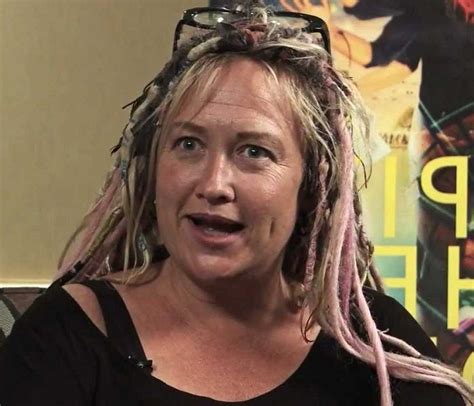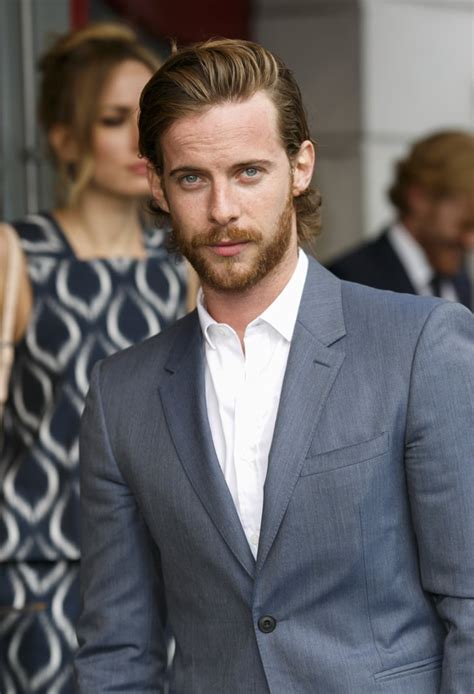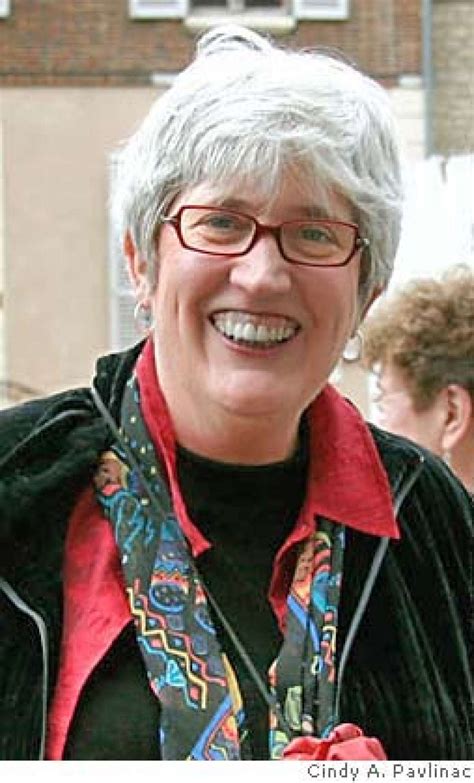A Quote by Svetlana Alexievich
I do not remember any questions in my childhood other than questions about death and about loss, and it was clear that the books that filled the house were not as interesting as the conversations outside.
Related Quotes
It would seem to me... an offense against nature, for us to come on the same scene endowed as we are with the curiosity, filled to overbrimming as we are with questions, and naturally talented as we are for the asking of clear questions, and then for us to do nothing about, or worse, to try to suppress the questions.
Quite early on, and certainly since I started writing, I found that philosophical questions occupied me more than any other kind. I hadn't really thought of them as being philosophical questions, but one rapidly comes to an understanding that philosophy's only really about two questions: 'What is true?' and 'What is good?'
The great philosophers of the 17th and 18th centuries did not think that epistemological questions floated free of questions about how the mind works. Those philosophers took a stand on all sorts of questions which nowadays we would classify as questions of psychology, and their views about psychological questions shaped their views about epistemology, as well they should have.
have a much harder time writing stories than novels. I need the expansiveness of a novel and the propulsive energy it provides. When I think about scene - and when I teach scene writing - I'm thinking about questions. What questions are raised by a scene? What questions are answered? What questions persist from scene to scene to scene?
If you don't put the spiritual and religious dimension into our political conversation, you won't be asking the really big and important question. If you don't bring in values and religion, you'll be asking superficial questions. What is life all about? What is our relationship to God? These are the important questions. What is our obligation to one another and community? If we don't ask those questions, the residual questions that we're asking aren't as interesting.
I tried not to write about the O.J. Simpson case too much because so much has already been said about it, but there are a lot of questions left worth asking. However, the case is very useful to illustrate other points. The case is a common reference point because everybody knows the ins and outs of it, more than any other case in this generation, so it becomes useful to reference other points. In itself, there aren't that many questions about it that remain unanswered.
I'm ready for conventions. You know what's interesting, the sort of questions that Lost raises are of a different sort from this movie. In other words, Lost is about figuring out the world of the show, whereas this one seems to raise questions about the world that we know. But I'm happy to entertain both.
































